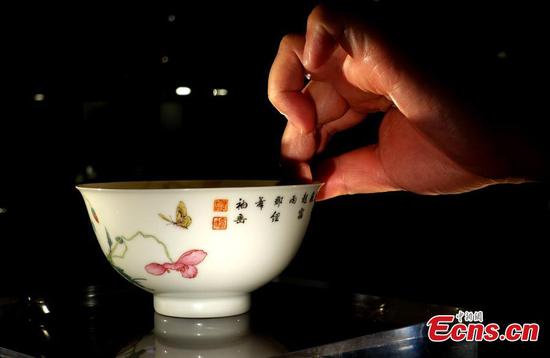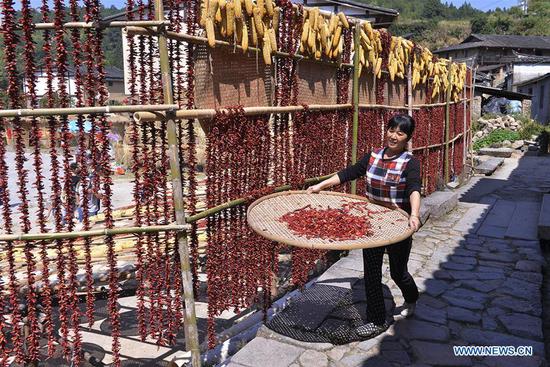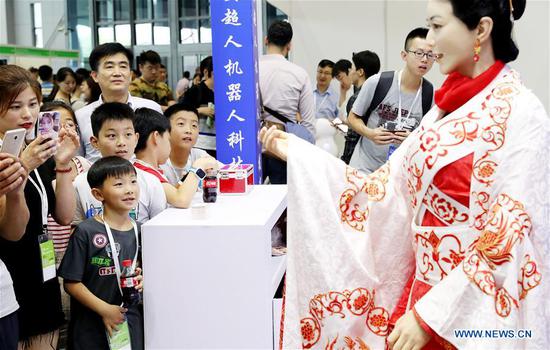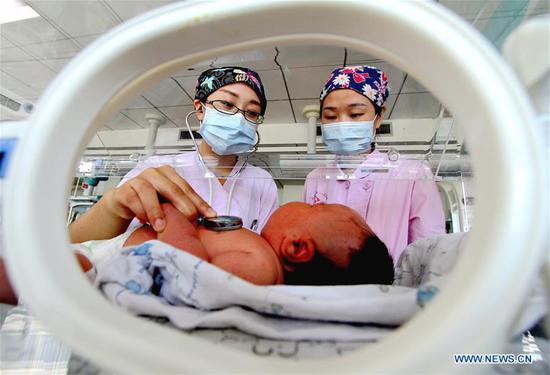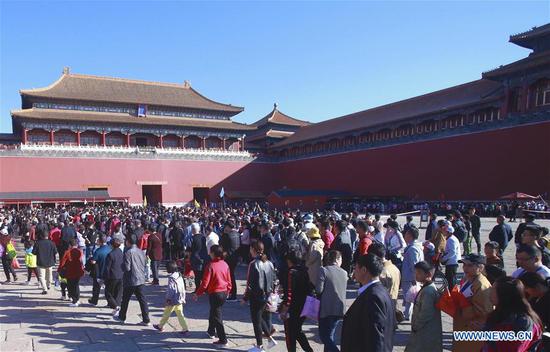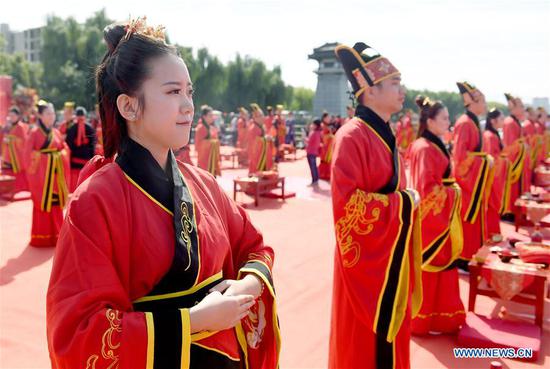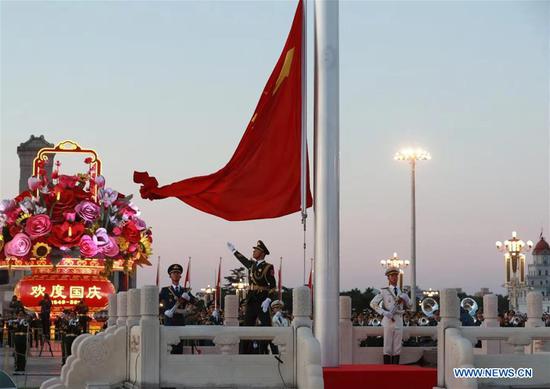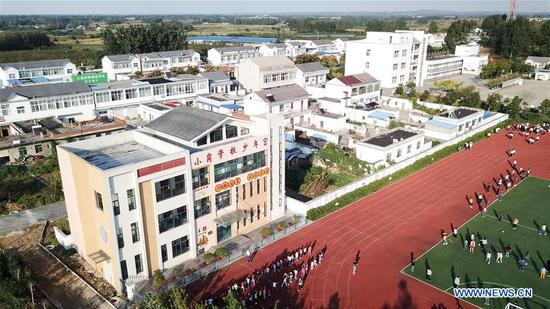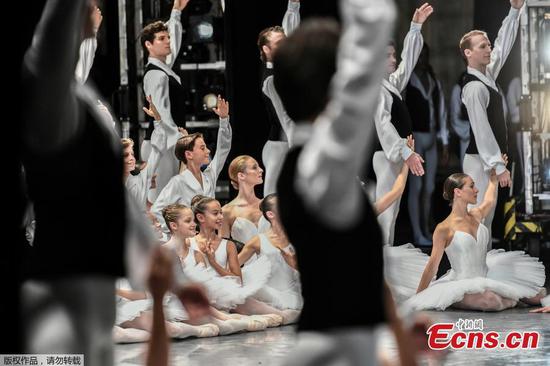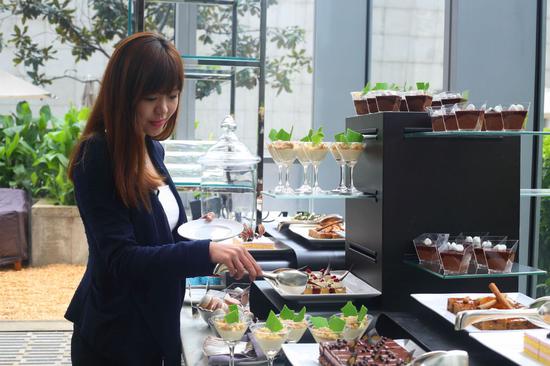
A diner enjoys a buffet at a hotel in Guangzhou, Guangdong province.(Photo provided to China Daily)
"A Sunday without brunch is incomplete," said Jarrod Verbiak, head chef of Bistrot B, a French restaurant in a high-end hotel in Beijing.
The restaurant's Sunday brunch for families is served at a well-decorated garden terrace. The menu includes Gillardeau oyster, New Zealand cambarus, and Italy's Prosciutto di Parma ham. These are accompanied by wines and cocktails. For those with the sweet tooth, unlimited freshly baked chocolate cake and multi-flavor ice cream are part of the deal. "With our special menu, we want families and friends enjoy their pleasant weekend here," Verbiak said.
The Sunday brunch can set one back by 450 yuan ($66). A premium version of the brunch, complete with Alaskan king crab, is priced 1,200 yuan.
Jan Stoverink, executive assistant manager of food and beverages at Rosewood Beijing, the hotel that offers the Sunday brunch, said that numerous consumers come to eat at the hotel. "Approximately 85 percent of the guests come from outside. They are not guests staying in the hotel."
Asked why people prefer to eat at restaurants in hotels, Stoverink said: "Hotels not only maintain the features of restaurants like frequent product updates, innovative dishes and operating efficiency, they also use high-quality food materials, hire excellent chefs, maintain strict food safety standards, offer considerate service and present a decent environment. It is hard to maintain all these characteristics at stand-alone restaurants."
Besides, hotels such as Rosewood Beijing offer personalized service. Consumers can order what is not on the menu. They can even buy a totally customized meal.
According to a joint report from the China Cuisine Association and CCTV's financial news channel, the country's catering sales reached 3.96 trillion yuan in 2017, up 10.7 percent year-on-year.
The report said consumers are seeking high-quality catering experiences now. When choosing restaurants, they care most about the environment, and then the taste. The price factor only ranks fourth among their considerations.
"Consumers look for high-end consumption environment and experience. They want to eat good food in a pleasant environment, demonstrating upgraded consumption demand," said the report.
"Eating at the hotels has gradually become a high-end lifestyle for residents in first-tier cities. More and more city dwellers are willing to come to hotels to have a higher-quality dining experience," said Stoverink.
Catering in first-tier cities is showing a trend of younger consumers (those born in the 1980s and 1990s) driving the change. "I often spend over 1,000 yuan per week eating out. Sometimes we go to high-end hotels for a meal. I like the comfortable environment, which makes me feel relaxed," said Harry Hu, 25, a media professional in Beijing.
Stoverink said the catering sector is expanding rapidly. "Up to 50 percent of our hotel's revenue comes from food and beverages. The catering consumption in first-tier cities demonstrates diversity and variation, and the consumption scenario is turning concrete and fragmented. With these features, the market potential in first-tier cities is easy to be developed."
Zhao Ping, director of the international trade research department of the Academy of China Council for the Promotion of International Trade, said: "Currently, retail sales growth of consumer goods is experiencing a slowdown, as demonstrated by the consumption structure that is shifting from commodity consumption to service consumption. Consumption figures in education, culture, entertainment, sports and tourism all maintained double-digit growth.
"In the first half of this year, food consumption took up only 29.3 percent of residents' expenditure on average, while education, culture and entertainment accounted for 9.2 percent, representing a higher ratio. With people's income going up, they are more willing to buy high-end products, and want to have spiritual satisfaction, rather than crass consumption. This depicts consumption upgrade."










